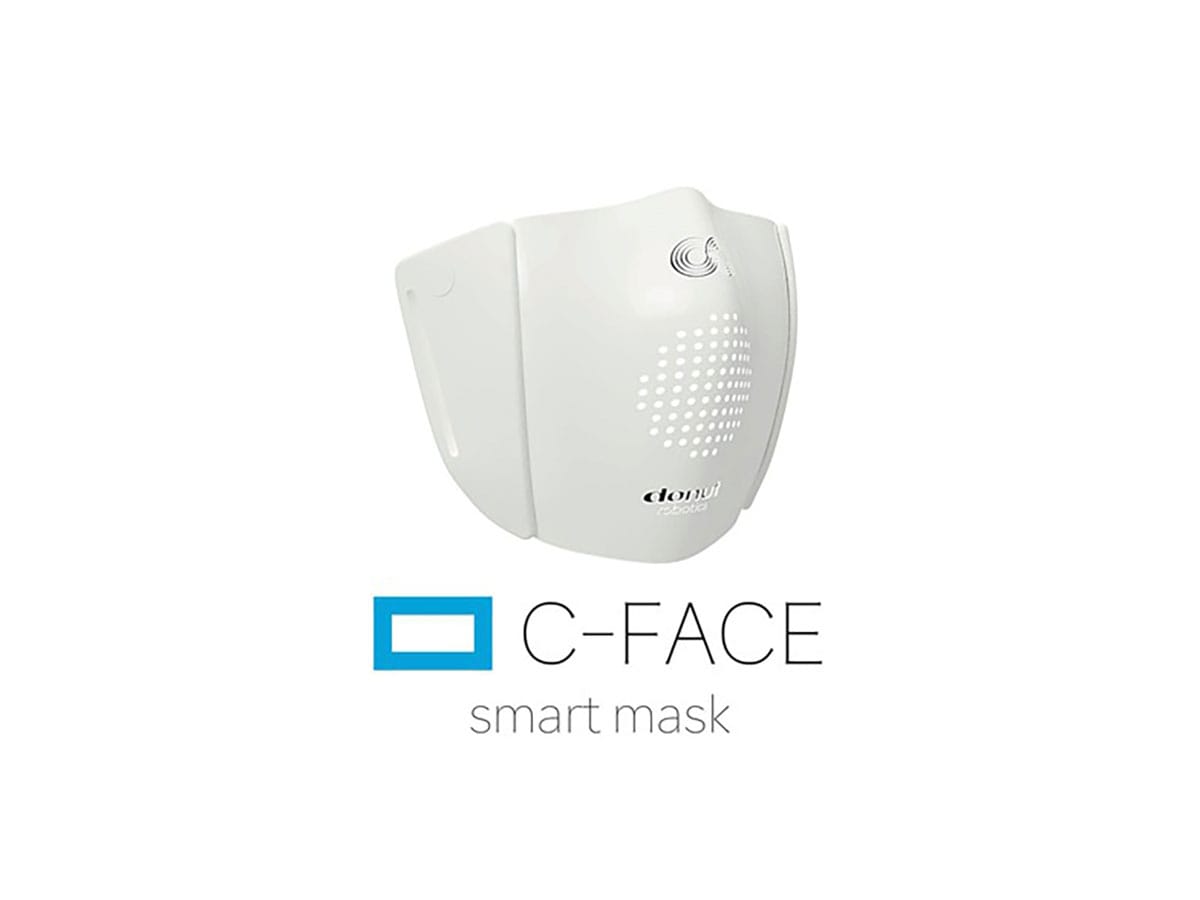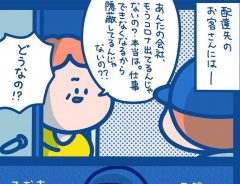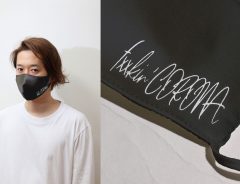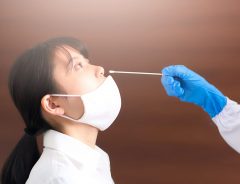
Source: © PR Times, Inc.
‘Smart masks,’ sewage testing, and other innovations limiting the fallout of COVID-19
- Tags:
- coronavirus / COVID-19 / Mask / smart mask / Technology
Related Article
-

Artist pens a touching manga on trials, and joys, of being a deliveryman during COVID-19
-

Japanese chain helps fight food waste and turns home tables into at-home izakayas
-

Show your fighting spirit with a Fxxkin’CORONA face mask
-

My experience taking a COVID-19 PCR test in Japan
-

Creepy Thomas The Tank Engine Face Moves On Its Own, Will Crawl Right Into Your Nightmares
-

Mount Fuji Under Lockdown: Trail Closures


So far, the fallout of COVID-19 in Japan has been relatively limited. Despite never instigating a full lockdown or other draconian measures, the country has experienced a notably subdued death rate. While America and other nations have reported thousands or even hundreds of thousands of deaths, only about 1,000 in Japan have lost their lives to the pandemic. In fact, Japan paradoxically experienced a drop in deaths during the first half of 2020.
Such unexpected statistics have forced many to wonder how this densely crowded island nation has faced the pandemic mostly unscathed. Despite Deputy Prime Minister Taro Aso’s suggestion that Japanese is “culturally superior,” others have looked to Japanese norms and customs surrounding cleanliness that are particularly amenable to social distancing and other preventative measures.
Most obviously, residents accustomed to covering up during the cold season immediately reached for their masks in the pandemic's early days. Although shoppers largely stayed home, the item as well as other sanitary products quickly sold-out across the country. Japanese people also refrain from physical contact like hugging or shaking hands, further slowing transmission. Likewise, numerous technological innovations are benefiting residents and healthcare workers.
The C-FACE Smart Mask
To make masks more convenient, Japanese company Donut Robotics has developed a new high-tech mask covering. The startup, which has developed robots for Haneda Airport and others, has produced a device capable of connecting to a smartphone via Bluetooth. Using specialized software, the product can translate Japanese speech into Vietnamese, English, Spanish, Chinese, Korean, Thai, Indonesian, and French. It can also transcribe speech into messages.
The chief executive of Donut Robotics, Daisuke Ono, told the Evening Standard, "We worked hard for years to develop a robot and we have used that technology to create a product that responds to how the coronavirus has reshaped society." The C-FACE, which is estimated to retail at around $40, works by sliding over a regular mask. As such, it offers similar protection while helping wearers to communicate.
You can see the device in action below:
Detecting Outbreaks By Testing Sewage
Experts underline the importance of acting early in preventing COVID-19 outbreaks. For example, a study by Columbia University suggests that tens of thousands of deaths would have been prevented if New York had shut down two weeks earlier. Others have suggested that Japan’s early actions may have been key to preventing a spike in infections.
Recently, Japanese researchers confirmed the presence of the coronavirus in sewage collected from wastewater plants. Out of 27 samples collected from Ishikawa and Toyama prefectures, seven were positive for the virus. The findings are corroborated by similar results from institutions in Australia, the United States, and Europe.
According to experts, sampling methods such as those used by researchers could provide warnings of future outbreaks as well as an estimate of the number of infected individuals. A Kyoto professor associated with the study told Reuters, “Sewage testing is used as an early warning system to alert people about (possibly unnoticed) ongoing community transmission.”
Antigen Tests
Results of the Kyoto study come as Japanese subsidiary of Miraca Holdings Inc., Fujiebio, received government approval for an antigen testing kit. The product is the first such antigen test in the country.
Unlike the commonly used PCR test which detects virus genetic material, antigen tests respond to proteins produced by the coronavirus. Antigen tests are also markedly faster, completing in about half an hour.
The development will help make testing widely available throughout the country. Currently, industrial behemoths Hitachi and Toshiba have joined Miraca as the conglomerate seeks to streamline mass production. According to company officials, the alliance will be able to produce some 400,000 tests a week.
An App Limiting Exposure Among Nurses
Kyodo News recently reported on a newly developed app that seeks to limit nurses’ exposure to the coronavirus. The app replaces the nurse call button allowing patients to message nursing stations with their needs while limiting physical interactions.
Developer Yuka Sawada, a former nurse, admitted that she got the idea for the app after giving birth. While hospitalized, she realized how communication was obstructed by relying on call buttons.
Her company OPERe has installed the app in several hospitals, and it so far seems to be a success. Besides providing data on patients' needs, it allows patients to feel more comfortable requesting meal changes and the like. One patient reported that "I would have hesitated to call the nurse for something trivial," however, he felt comfortable using the app.